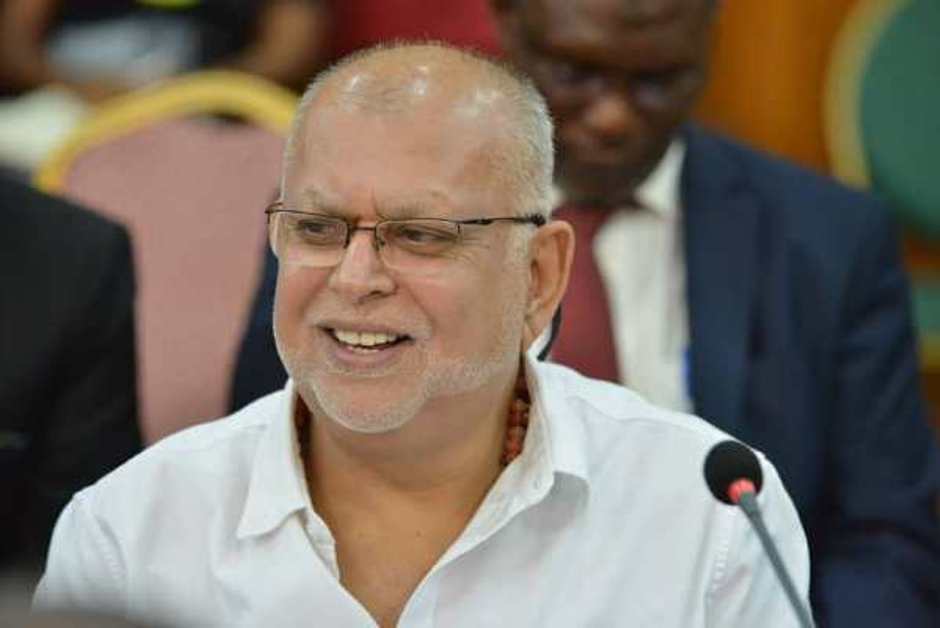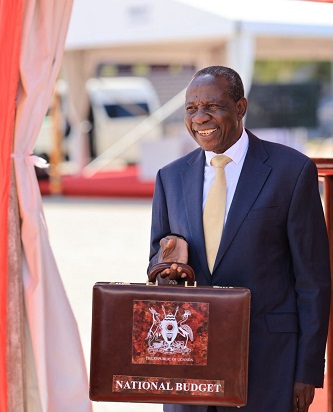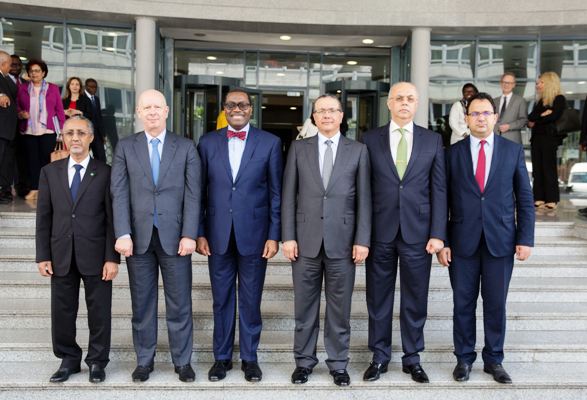Property mogul, Sudhir Ruparelia
Property owners have protested Parliament’s move to pass a law that would force them to charge rent in Uganda shillings as opposed to dollars.
The landlords says MPs should go for Uganda Revenue Authority (URA) that is charging them in dollars.
Property moguls, Sudhir Ruparelia and Godfrey Kirumira, who led their colleagues before Parliament’s Physical Infrastructure Committee that is currently scrutunising the Landlord and Tenants Bill 2021, argued that most of the construction materials used in their buildings are charged in the dollar currency, which leaves them with no option but use the same rates.
“Our view is that all our tenants pay in form of Shillings that is equivalent to dollars. If URA which the tax engine is basing its taxes in form of dollars, then what about the ordinary business man? When I import things or travel and come back to Entebbe [International Airport], the government of Uganda charges me in form of dollars,” Sudhir said.
Clause 23 of the bill stipulates that all rent has to be paid in shillings as opposed to dollars that some renowned developers have been doing.
However, the developers arguments were quashed by Sarah Opendi (Tororo DWR) who defended the proposal in the Bill, saying the move if adopted would help strengthen the local currency and urged the landlords to embrace and be proud of the shilling.
“Why are we not proud of our shilling? Why are we not promoting it? When you go to Kenya, irrespective of where you come from, you are told that you are supposed to transact in Kenya Shilling. But when you move around in some places here, the first thing they will tell you is to charge you in Dollars,” Opendi said.
However, Sudhir defended this stand saying there is need for Parliament to insert a clause in the bill requiring both tenants and landlords to agree on the currency they want to transact their business instead of lawmakers dictating on such a business relationship.
Maurice Kibalya (Bugabula South) however fired back at Sudhir saying Parliament had taken a clear decision and agreed to have rent paid in shillings, saying providing for dual currency would disadvantage tenants who have less bargaining powers in such a transaction.
“These tenants you see are disadvantaged, they aren’t tenants by choice but factors. For the foreign exchange as rent payment, no, if somebody wishes to pay in foreign currency, that will be his choice. You are free to use this on your side, but we cannot the dual tenancy payment in the law. The landlord will insist and say since it is dual, me I want in foreign exchange and we shall not be there again to call back the law,” said Kibalya.
The developers also asked Parliament to make some changes in clause 6(4) that requires the landlord to give the tenant 24-hour notice to enter the premises and provide for exception in case of emergencies that require the landlord to instantly enter the premises.
Landlords also proposed some changes in clause 7(1) that requires the landlord to keep the premises in good shape, with Sudhir asking MPs to ensure this clause places same responsibility on the tenant, saying the landlord cannot be expected to keep the premises in good repair when the tenants are in occupation.
The developers also opposed clause12(1) that requires landlords to install each of their units on a building with a prepaid electricity meter, saying the proposal is out of touch with realities on ground.
Sudhir also wondered why the proposal assumes that the tenants do not benefit from consumption of electricity in common areas of the property.
“The clause should be omitted from the Bill. The obligation to provide pre-paid electricity meters is on UMEME not the landlord. If Umeme fails to provide, why should the landlord be penalized?,” remarked Sudhir.
When tenants under Kampala Capital Traders Association appeared before the Committee, they pleaded with the Committee to solve the high charges on utility, claiming some are charged as much as Shs800,000 per month.
The landlords and developers are also against a proposal in clause 27 that requires three months notice to increase rent and this shouldn’t be more than 10% in a year, saying this should be left to the market forces of demand and supply.






The ugandan shilling is weaker.